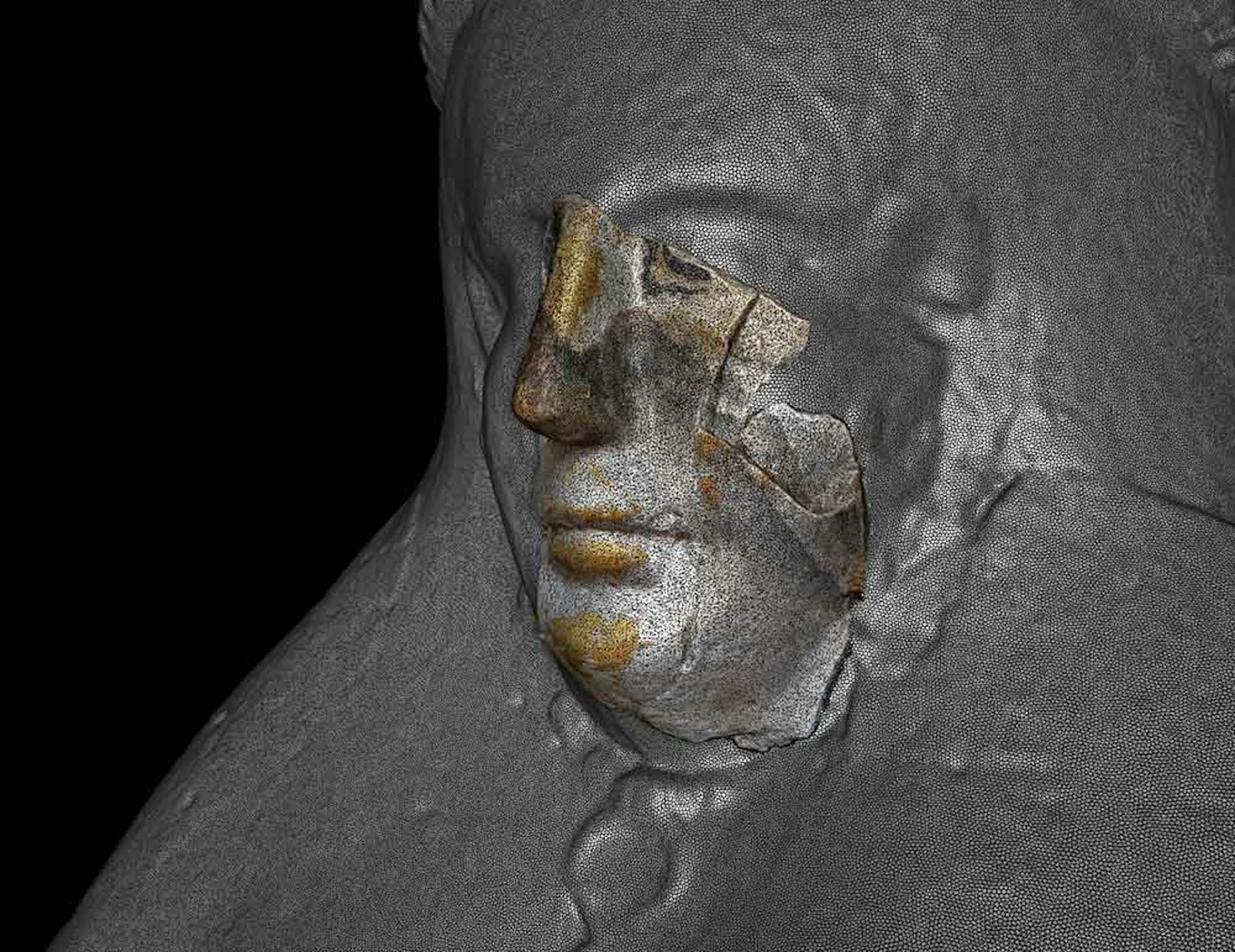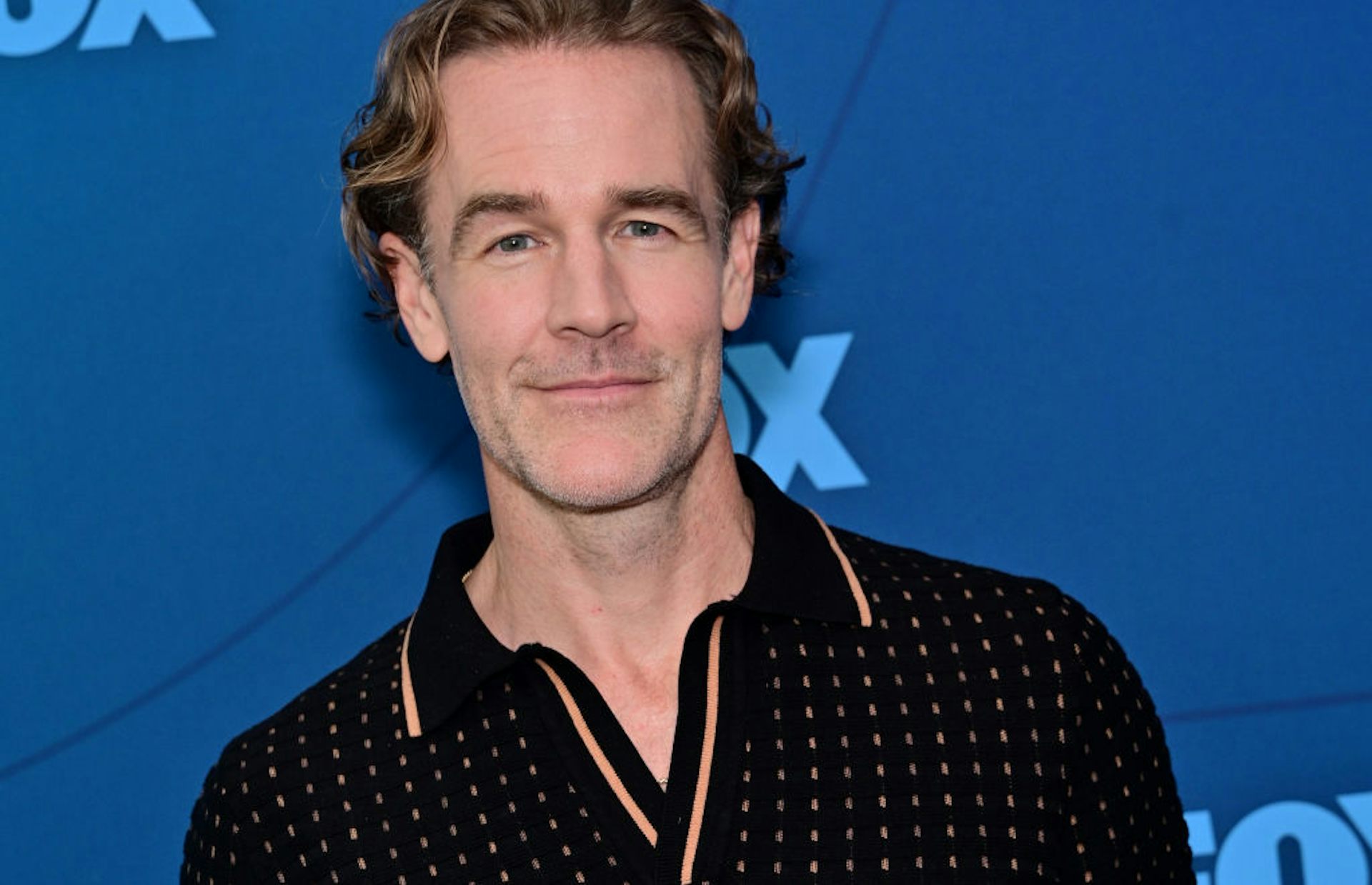50 years after Roe, many ethics questions shape the abortion debate: 4 essential reads
Looking at the underlying philosophical and moral questions involved in abortion debates can help explain why it’s such an intensely divisive issue.
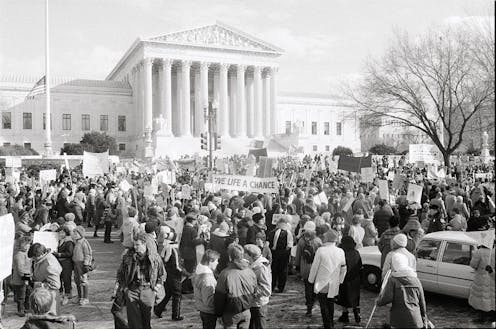
Jan. 22, 2023, marks the 50th anniversary of Roe v. Wade, the landmark Supreme Court decision that recognized a constitutional right to abortion. That stood for nearly half a century, until a majority of justices reversed it in June 2022’s Dobbs v. Jackson Women’s Health decision.
People with a broad range of views on abortion often say their faith tradition helps inform their opinions. But beyond religion, many other ethical and moral questions shape Americans’ perspectives on the topic.
Here are some of The Conversation’s most thought-provoking articles on the underlying philosophical and bioethical issues involved in abortion debates.
1. Rethinking ‘personhood’
Activism for and against abortion rights often gets summed up into two simple-sounding terms: “pro-life” and “pro-choice.”
But “‘life’ and ‘choice’ are not, in and of themselves, really the issue,” wrote Robert Launay of Northwestern University. “The central question is what – or who – constitutes a person.”
As an anthropologist, Launay studies that question in terms of culture. Different religions and societies think about personhood in different ways, he explained. Ideas about personhood in the U.S., for example, often stem from Christian ideas about the soul and are black and white – something is or isn’t considered a person.
In some of the Indigenous African traditions where he has done research, meanwhile, “many view personhood as a process rather than a once-and-for-all phenomenon” – something humans gradually acquire over time, through relationships, or through rituals.
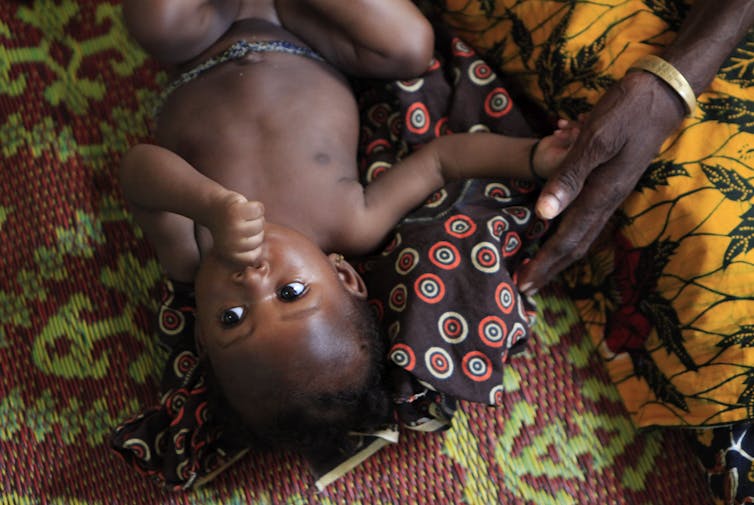
Read more: What does it mean to be a 'person'? Different cultures have different answers
2. Moral status
Even within a single society, defining “personhood” can be complex and controversial.
Personhood is a key concern in bioethics, wrote University of Washington philosopher Nancy Jecker. In that context, being a “person” isn’t necessarily the same as being “human” – and it’s not an easy concept to nail down.
“When philosophers talk about ‘personhood,’ they are referring to something or someone having exceptionally high moral status, often described as having a right to life, an inherent dignity, or mattering for one’s own sake,” she explained. Personhood implies that someone or something can make strong moral claims, such as a claim against being interfered with. In abortion debates, Jecker added, “no one disputes the fetus’s species, but many disagree about the fetus’s personhood.”
Americans hold three main views of when personhood begins – at conception, at birth, or sometime in between – which is a central part of the country’s inability to agree about abortion rules. But the implications of how societies define personhood go much further, Jecker said, influencing areas like care for the environment and end-of-life treatment.
Read more: What is 'personhood'? The ethics question that needs a closer look in abortion debates
3. Breaking down bioethics
Given Americans’ diverse views about religion and personhood, are there other concepts that can help forge consensus?
In another article, Jecker broke down four key bioethics terms, four bedrock principles in the field: autonomy; nonmaleficence, or “do no harm”; beneficence, or providing beneficial care; and justice.

People disagree about how to interpret those principles: Someone in favor of abortion rights, for example, might be most concerned about harm to pregnant women, while someone who opposes them could be more concerned about harm to a fetus.
Understanding how people see those principles in play, though, is at least a constructive step. Jecker suggested that, short of reaching a moral consensus, “articulating our own moral views and understanding others’ can bring all sides closer to a principled compromise.”
Read more: Abortion and bioethics: Principles to guide U.S. abortion debates
4. Beyond ‘my body, my choice’
For decades, one other phrase has dominated the U.S. abortion debate: the slogan “my body, my choice.”
At this point, the catchphrase is practically synonymous with the movement for reproductive rights. It’s profoundly shaped how people think about abortion rights: as an issue of privacy, decisions that women should make for themselves with their doctors.
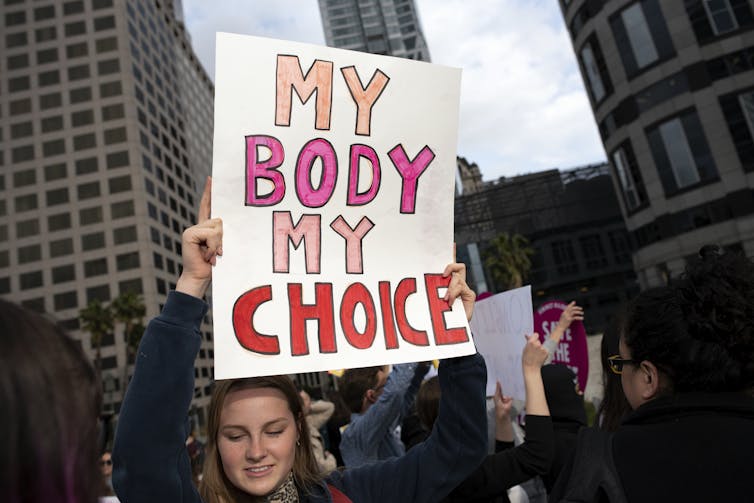
But “my body, my choice” doesn’t fully capture the key ideas, argued Elizabeth Lanphier, a moral philosopher and bioethicist at the University of Cincinnati. Reproductive rights aren’t just about a lack of interference, what philosophers call “negative liberty.” Abortion is also about the right to access health care.
“‘My body, my choice’ suggests that because people own their bodies, they get to control them,” she wrote. But self-ownership isn’t so valuable without also having “positive liberty,” the freedom to do something.
“My research suggests ‘my body, my choice’ was a crucial idea at the time of Roe to emphasize ownership over bodily and health care decisions,” Lanphier concluded. “But I believe the debate has since moved on – reproductive justice is about more than owning your body and your choice; it is about a right to health care.”
Editor’s note: This story is a roundup of articles from The Conversation’s archives.
Read These Next
How a largely forgotten Supreme Court case can help prevent an executive branch takeover of federal
An FBI raid on a Georgia elections facility has sparked concern about Trump administration interference…
3D scanning and shape analysis help archaeologists connect objects across space and time to recover
Digital tools allow archaeologists to identify similarities between fragments and artifacts and potentially…
Colorectal cancer is increasing among young people, James Van Der Beek’s death reminds – cancer exp
Colon cancer symptoms can be subtle. While lifestyle changes can help reduce your risk, open communication…



